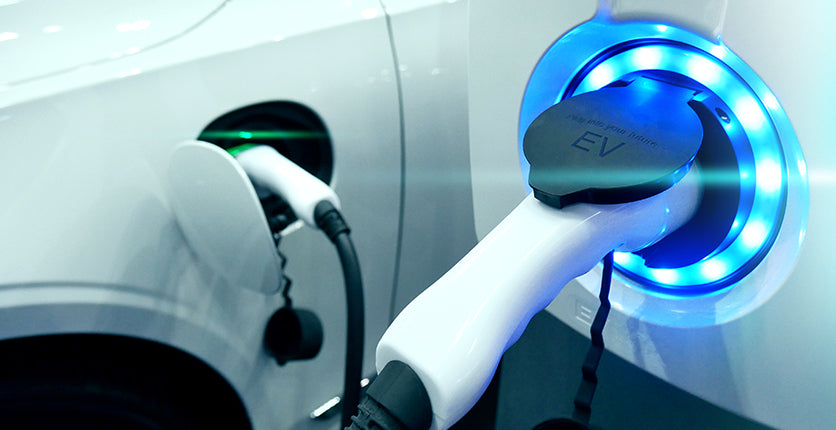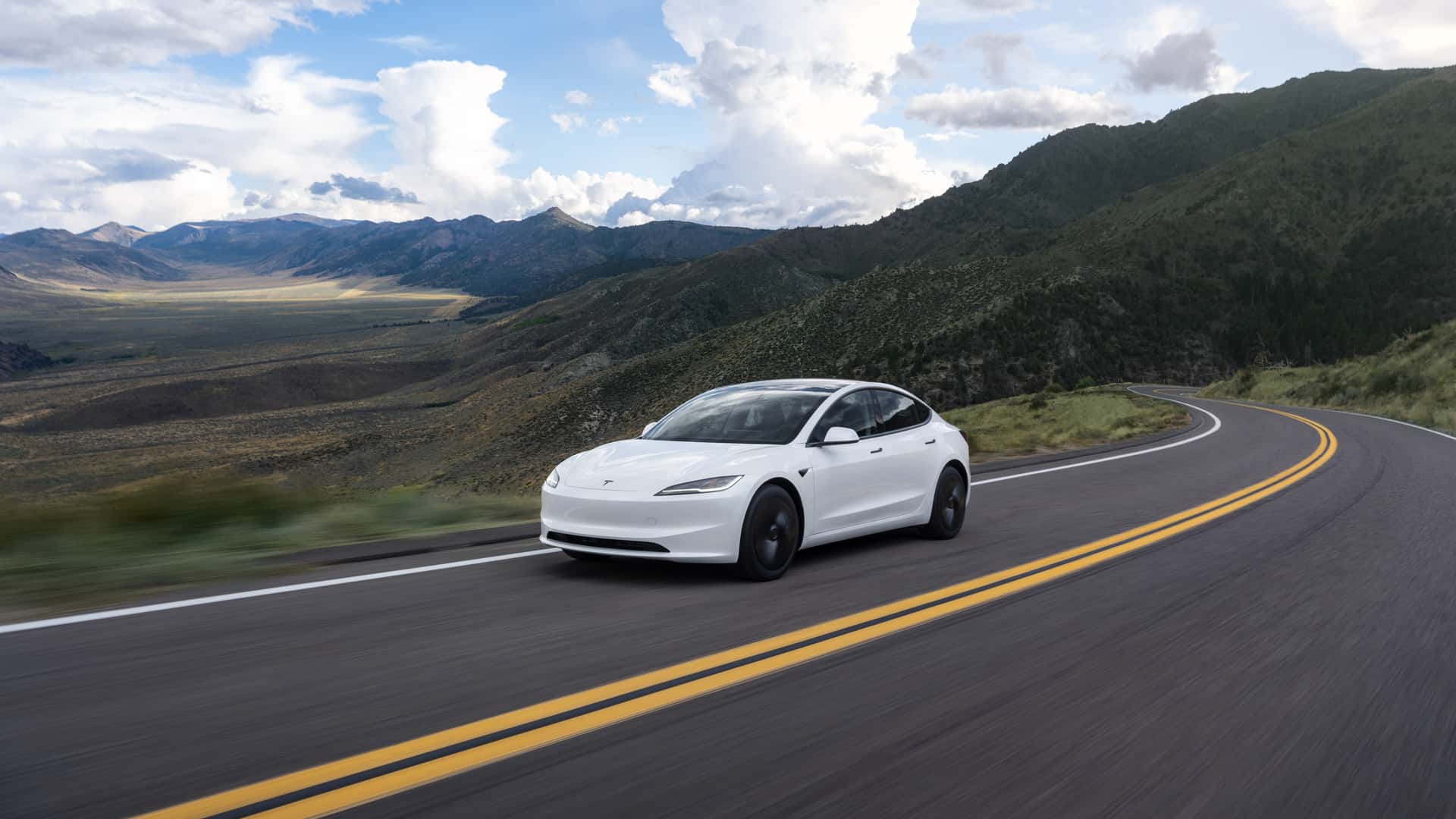Introduction
EVs are becoming more popular as they become cheaper to buy, but there's also the cost of charging them. How much it costs to charge your electric vehicle depends on many factors, including how fast you need it charged and where you're charging it. In this article, we'll provide some general estimates of how much it costs to charge an EV based on these factors, as well as some tips for saving money while driving your EV. We'll also discuss some options that can help make charging easier and cheaper at home or when traveling.
Charging an electric vehicle can be expensive.
Charging an electric vehicle can be expensive. The cost of charging will vary depending on the type of charger used and the type of vehicle being charged.
-
Level 1 chargers are typically installed in garages where you can plug in to your home's electrical system. These chargers will add about $0.05 per kWh to your monthly bill if you have solar panels or wind turbines installed onsite, but they don't require any special installation or wiring upgrades beyond what is already needed for standard residential service.*
-
Level 2 chargers require dedicated wiring from an outlet box with a NEMA 14-50 receptacle (or similar). They also require an electrician to install them, which can cost anywhere between $600-$1,000 depending on local labor rates.*
But you can save money by doing so at home.
Charging your car at home is cheaper and more convenient than charging it at a public station.
Home charging allows you to charge your EV overnight, which enables you to use less electricity from the grid during peak hours. You'll also be able to avoid paying for parking at a public charging station or gas station, both of which are often expensive.
Here's how to estimate the cost of driving your EV.
You can use an online tool to estimate the cost of driving your EV, depending on your local electricity prices and how much you drive. You'll need to enter details about your car and driving habits, including:
-
How much does it cost per kilowatt-hour (kWh)?
-
How many miles will I drive in a year?
To find out how much it costs to charge up at home versus using public charging stations, look at how much electricity costs in your area. For example, if you're paying 14 cents per kWh for residential electricity usage and there's no gasoline tax where you live--which is typical--then each mile driven would cost around $0.10 more than if fueled by gasoline (assuming 20 mpg).
Charging at home saves money over public charging stations.
Charging your EV at home is cheaper than charging at public stations.
Public charging station costs vary, but they're generally more expensive than charging your vehicle at home. This is because of the cost of electricity and installation, which can be more expensive for larger facilities that need to be built to accommodate more cars. If you don't have access to a private garage or parking space where you can charge your car overnight--and many people don't--you may find yourself paying even more by using public stations instead of charging at home.
Charging an electric vehicle (EV) is safer than gasoline powered vehicles because there are no moving parts under the hood; this means that there's less chance for fires or explosions when something goes wrong with your car's battery system. In addition, EVs use less energy than conventional fossil fuel engines so they produce fewer emissions into the atmosphere when driven on highways or city streets alike!
If you want to charge your EV at a public charging station, check its prices before you go.
The cost of charging your EV at a public charging station can vary depending on the type of charger and where it's located. Some public charging stations charge by the kWh, while others charge by the hour. It's important to check the prices before going, because they may not be affordable if you're just looking for a quick top-up charge on your way home from work or school. If this is true for your situation, there are still ways that you can use these types of facilities without paying anything at all!
Plugging in at night will help you save money on electricity and make it easier to drive your electric vehicle
Charging at night is cheaper.
It's true that plugging in at night will help you save money on electricity and make it easier to drive your electric vehicle. You can use a timer to automatically turn on the charger at night, or install a smart charger that will charge your car overnight.
Conclusion
The bottom line is that it's cheaper to charge an EV than it is to fill up with gas. If you drive a lot and have access to home charging stations, you'll save even more money by plugging in at night. Public charging stations are also a good option if you don't have access at home but want more options for longer trips; just make sure they offer cheap rates before going there!








Share:
EV Charging Cost: The Complete 2025 Guide for New and Experienced EV Owners
How Long Does it Take to Charge a Car Battery with an EV Charger?